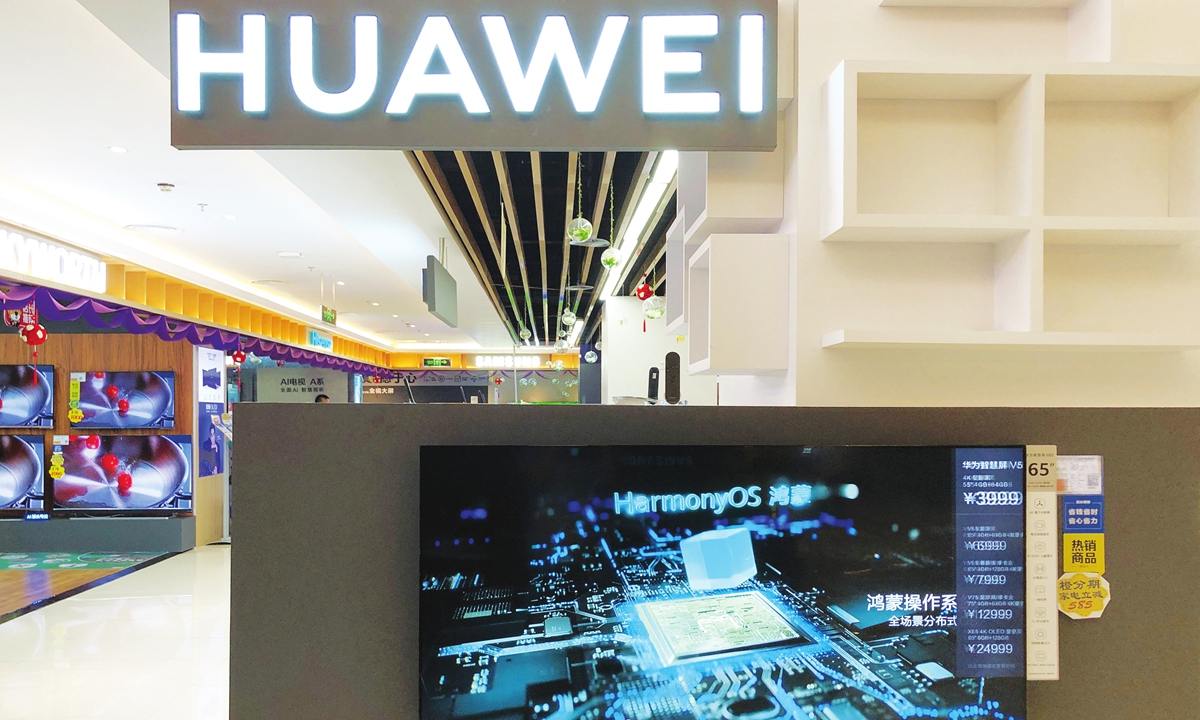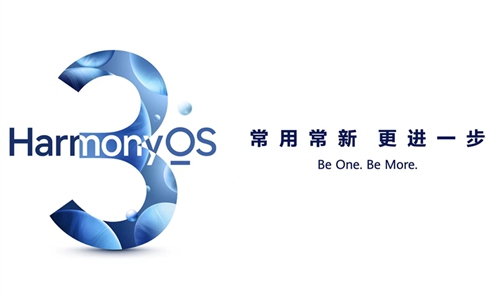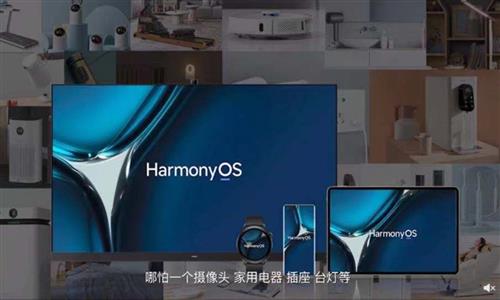
Huawei HarmonyOS. In June, Huawei announced that the HarmonyOS NEXT, which will be built independent of Android architecture, was expected to enter commercial use in the fourth quarter of 2024, according to the Xinhua News Agency. Photo: VCG
More than 10,000 apps and services can now be found on the HarmonyOS NEXT, a proprietary operating system (OS) developed by Chinese technology company Huawei, a company executive said over the weekend.
The situation signals the comprehensive maturity and accelerated development of the software ecology development of the HarmonyOS, domestic news portal thepaper.cn reported on Saturday, citing Zhu Yonggang, president of Huawei Terminal Cloud.
HarmonyOS is investing 6 billion yuan ($851 million) per year to encourage developers to write apps on its platform, and the number of registered developers on the HUAWEI Developer Programs has exceeded 6.75 million, contributing greatly to the prosperity of the HarmonyOS ecosystem, Zhu said.
A Chinese industry expert said that these moves show that the development of the HarmonyOS has become more mature, as the company gears up for the commercialization of HarmonyOS NEXT by the end of this year.
"Especially in the field of the Internet of Things, customers are more concerned about whether computing tasks can be completed at low cost," Fu Liang, a Beijing-based tech analyst, told the Global Times on Sunday. "In recent years, the HarmonyOS system has been increasingly accepted."
Amid digitalization trend, many Chinese government departments have also been adopting apps developed on the HarmonyOS system.
The Shanghai municipal government and its city-owned data center in February entered into a cooperation deal with HarmonyOS to develop a native app used for providing administrative services, according to the Shanghai Securities News. Such apps, dealing with government affairs and people's livelihood issues, opened a new scenario for HarmonyOS apps, the report said.
In the first half of 2024, Huawei's revenue rose 34.3 percent year-on-year to 417.5 billion yuan, according to the company's financial report.




